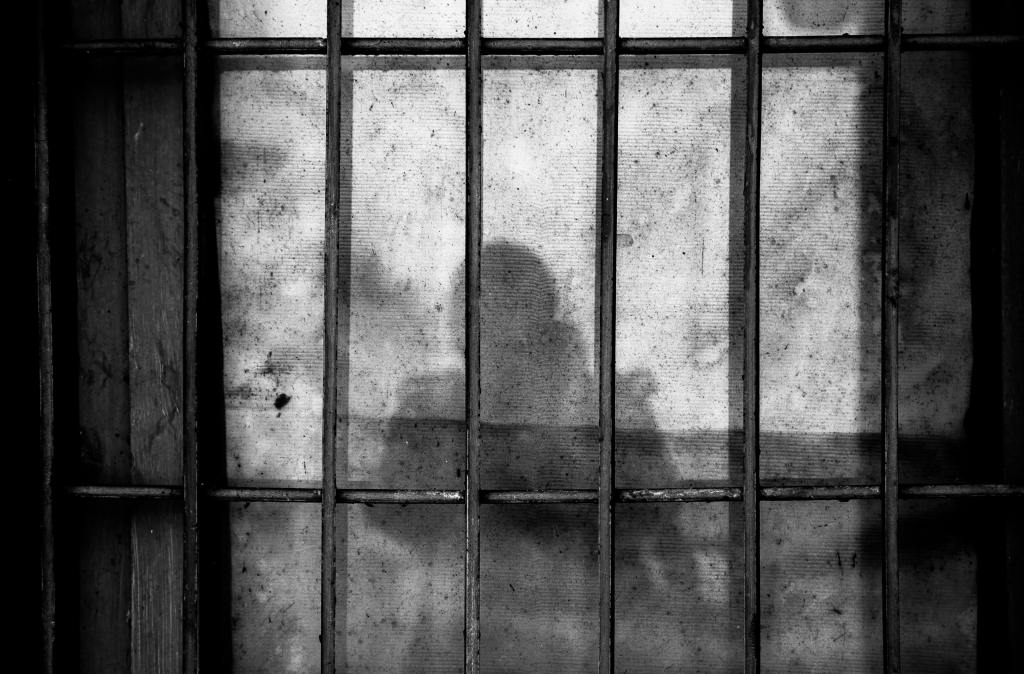My 'Hood
I
was the fourth child, a son, born to parents that fought every evening as if it
were a ritual without which they couldn't go to bed. My father left us when I
was seven. My mother did her best to make ends meet, but it was obvious that
three jobs, paying minimum wage, were killing her. When I was twelve, my two
older brothers were killed—One by a rival gang and the other by police. The
grief soon killed my mother. My elder sister, who had been paying the bills with
some help from the state, disappeared a year later. Some says she was a victim
of sex trafficking, but I never came to know what had happened to her. There
was nobody to pay the bills so I came to live on the streets. Every night, I took the last green train and
slept on it; then I went to my 'hood in the morning.
In
my 'hood, guns were everywhere. I just
needed to find an allegiance with a gang. I joined my brothers' gang. I wanted
to kill the ones who had killed my brothers, the gang who was always in
conflict with mine. Anyway, I didn't
belong anywhere. I had nobody. I needed to be part of something and what could
be better than part of revenge?
Once I got a gun in my hand I felt
powerful. After all who could not submit to a gun, except…except cops. I knew very well that I had to avoid them at
any cost, and I did, for a long time. During that time, I killed the brothers
who had killed mine. But then I got caught, which I knew had to happen. I thought
my gang would back me up. I was a fool. They all ran away into their
ditches—the ones who recruited me, the ones I thought were my brothers and
would always be on my side.
I
ended up in prison. I knew I'd get thirty to forty years; more years than I had
lived outside. And then they told me if I go to school located in the prison,
I'd get a day off in my sentence for each day in school. Now, when I was deep into the ditch, they thought of saving me
as if a year or two off of my sentence would make a difference, as if they
didn't know that I'd be an old man when I'd get out of here. But I accepted. It
took me out of the cell, away from the bullies, for a while, but I had little
interest in any of the subjects, except Art. Art was a distraction that took my
mind off of the past and present, and the dread of the future.
The above is the composite memoir
of the students I taught in a high school, located in the prison system. I call
it a composite because I have tried to use a general theme I found in the lives
of my students, but there were lives that were way more difficult than this
general theme. I really came to know the
meaning of the expression, "reality is stranger than fiction."
These
young men, who were usually neglected or abused physically and definitely emotionally,
found their "belonging" only outside home, with gangs; gangs that thrive
on violence; violence that brings these young men to prison, sooner or later. Who
is responsible to hand over these weapons to our young men? Gangs? Society?
System? Second Amendment?
We live in a society that make
parents work two to three jobs to put food on the table and roof over the head
of their children. After this neglect at home and in the society in general, we
expose our youth to the environment where guns are prevalent and where only
chance to feel any power is to be in gangs. These vulnerable young men and
women whose cognitive faculties are still incapable of comprehending the
effects of life s/he has chosen are forced to make tough choices on the streets.
Wouldn't our forefathers consider this while ratifying the second amendment if
they could foresee the effects of it on our youth 230 years later? Shouldn't we
consider it?







Comments
Post a Comment